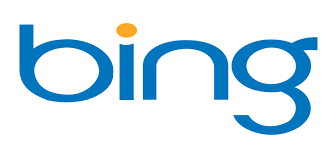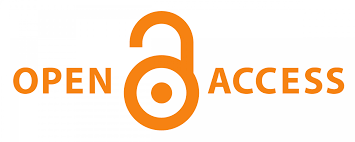SKILLCAST AI: PREDICTIVE MODEL FOR FORECASTING FUTURE JOB MARKET DEMANDS
DOI:
https://doi.org/10.62643/ijerst.2025.v21.n3(1).pp62-71Keywords:
Job Market Prediction, Labor Market Analytics, Predictive Analytics, AI in HR Tech, Industry-Specific Skill MappingAbstract
The global job market is undergoing rapid transformation, with over 85% of jobs in 2030 yet to be
created, and nearly 40% of the current workforce requiring reskilling within the next five years.
Additionally, AI and automation are expected to displace 75 million jobs but create 133 million new
ones by 2025, signaling a significant shift in skill demand. Traditional methods are manual, reactive,
and rely on outdated labor reports, making them unsuitable for processing real-time job market data.
Existing methods of analyzing job market trends, such as the use of Gradient Boosting Classifier
(GBC), often result in lower efficiency and accuracy, failing to effectively predict future skill
requirements. To address these limitations, this work proposes an AI-powered hybrid deep learning
framework to predict whether jobs in particular companies or sectors are in growth, decline, or stable.
The system collects and preprocesses large-scale job postings and labor trend data, utilizing
techniques such as keyword extraction, text normalization, and feature encoding. Our proposed
solution integrates a Convolutional Neural Network (CNN) for deep semantic pattern learning in job
descriptions and a Random Forest Classifier (RFC) for robust, interpretable decision-making. This
hybrid approach significantly enhances both efficiency and accuracy compared to the Gradient
Boosting Classifier, capturing both contextual and statistical patterns in job data. The model provides
valuable insights into emerging skill trends, offering foresight into job market shifts to support
workforce planning and policy-making.
Downloads
Published
Issue
Section
License

This work is licensed under a Creative Commons Attribution-NonCommercial-NoDerivatives 4.0 International License.

















